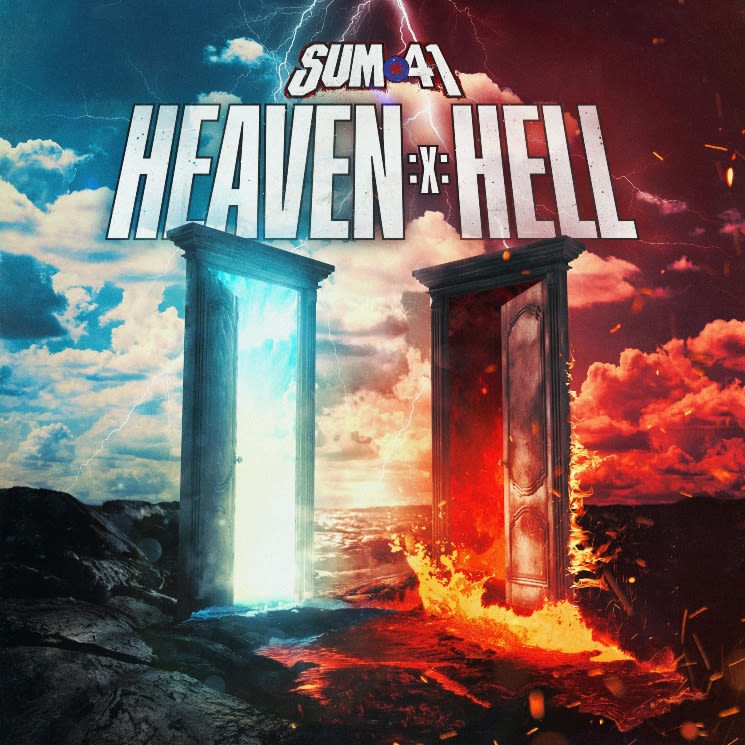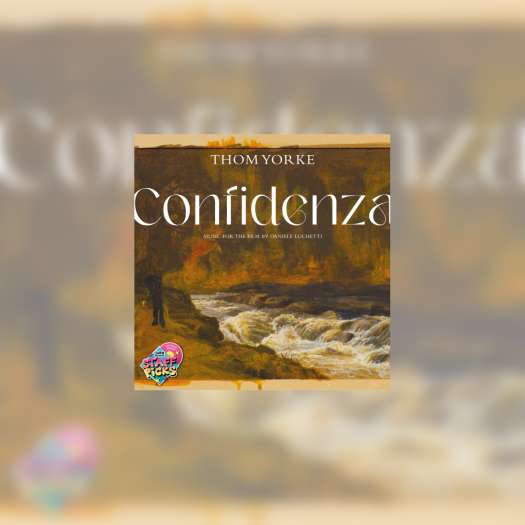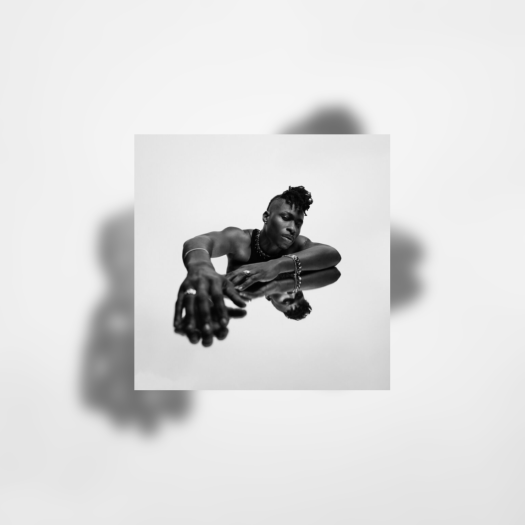After a long and winding journey, Sum 41 are calling it quits. Since 1996, they've been anything but predictable as they've embraced varying genres, navigated lineup changes, and conquered personal health issues, all while cementing a legacy defined by their longtail impact on pop culture. In their early years, they were making SNL appearances with Ludacris, guest starring on King of the Hill and dominating the Much Music countdowns on the platinum-shellacked success of All Killer No Filler and Does This Look Infected?
At the height of their popularity, lead songwriter Deryck Whibley opted to shift to a heavier, more metal-inspired sound for 2004's Chuck, before returning to a more pop-punk style with 2007's Underclass Hero. The heavier tones and material would return on records like Screaming Bloody Murder, but the band never again committed so fully to the darkness that powered Chuck. Whibley and co. clearly have an affinity for both modes, and Sum 41's latest — and final — album features ten pop-punk songs and ten heavy songs, as the band tries to capture all of their strengths and give fans the best of both worlds with their goodbye.
Heaven :x: Hell's return to the poppier side of things comes as somewhat of a surprise, as Whibley had made a seemingly conscious effort to veer away from the band's earlier sound with 2016's 13 Voices and 2019's Order in Decline. However, Heaven :x: Hell opener "Waiting on a Twist of Fate" shows he can still reach back and deliver pop-punk bangers at will. The familiar ingredients are there — barrelling drums from Frank Zummo, an octave chord lead from Dave Baksh, and an anthemic chorus to tie it together and set the tone for the rest of the album.
The rest of Heaven blends newer pop-punk sounds with the style Sum 41 dominated back in the early 2000s. Songs like "Landmines," "Time Won't Wait" and "Dopamine" all start with clean broken chords, joined by crunchy palm-muted guitars before launching into bouncy, half-time choruses. The production and approach feel closer to Machine Gun Kelly than NOFX or Rancid, whom Whibley cited as inspirations for the album's first-half genre exercises. And while "Landmines" is a propulsive enough follow-up to "Waiting on a Twist of Fate," the formulaic approach becomes instantly apparent — the following tracks can't help but feel like a case of gradually diminishing returns.
Other tracks feel in direct conversation to Sum 41's past work — the blistering "I Can't Wait" and "Johnny Libertine" would fit perfectly on the back half of All Killer No Filler, while "Future Primitive" delivers the breakneck-speed palm-muting and face-melting solos you would expect to find on Does This Look Infected? With the exception of "Future Primitive" however, these songs fail to burrow into the brain, in part because they feel like lesser versions of songs that the band have previously perfected.
The acappella and autotuned "Preparasi A Salire" is the bridge that leads Heaven into Hell, and ushers in the heavier side of the album. The riffs on Hell are undeniably less poppy than those on Heaven, but Whibley still delivers plenty of melody and booming arena-ready choruses. Dropped tuning and Billy Talent-esque riffs on "I Don't Need Anyone" and "You Wanted War" are prominently featured, but because of the uniform volume and energy, this ostensibly more confrontational second half feels just as homogenous as the first.
In addition to the shift in sound, Whibley's change in lyrical tone is evident, moving from a mixture of sincerity and tongue-in-cheek ideations on relationships to a more self-reflective and measured contemplation of where he is, how he got here and what comes next.
On album closer "How the End Begins," Whibley ponders, "Sometimes I wonder if I have enough to say / Or am I just an echo, a reflection of yesterday," a query that captures the awareness and understanding of needing to move on and call it quits. Earlier, Whibley seemingly hints at the uncertainty of walking away and venturing into parts unknown on "Stranger in These Times" when he says, "My insecurities are telling me to turn and walk away / They get the best of me / reality just slowly slips away."
Writing your definitive final record is a tall task for any band, let alone one like Sum 41, whose tenure has spanned two and a half decades and plenty of strife. And while Heaven :x: Hell certainly has well-written songs scattered throughout, its twenty-track bloat makes it hard for those standout moments to really pop — unfortunately, we end up with more filler than killer. Was a "Paint it Black" cover that necessary to include? Particularly one so painstakingly similar to the one bandmate Thom Thacker released with Gob back in the '90s? And with trios of songs on both halves of the album bearing striking similarities to one another, one or two would've likely been better served as additional singles or b-sides.
Heaven :x: Hell is unapologetically Sum 41. Blended genres, infectious hooks and sing-along choruses are everywhere on the album, giving fans one last taste of the sounds they fell in love with all those years ago. But for all the highs, there are valleys of stagnant lows — proceed with caution, the journey through Heaven :x: Hell is a lengthy one.




